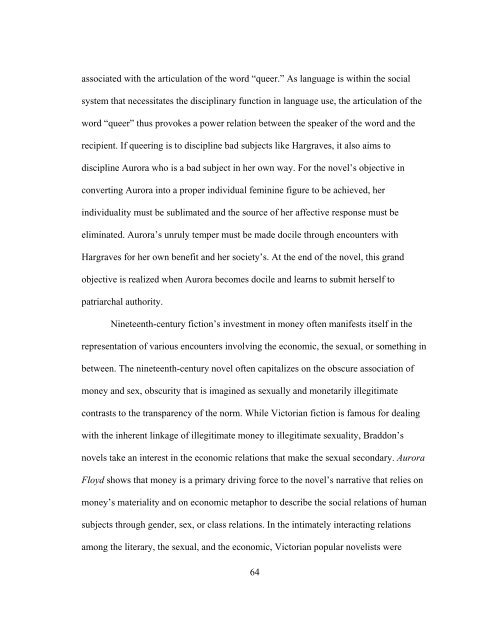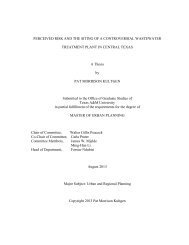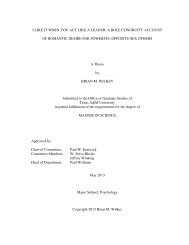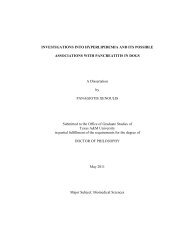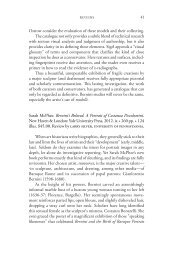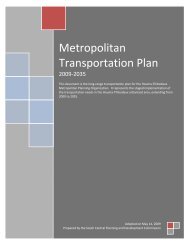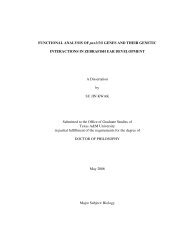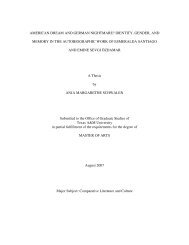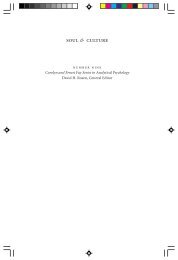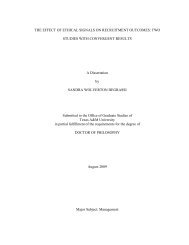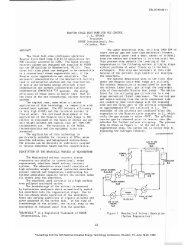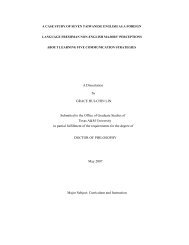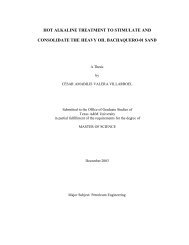CENTURY LITERATURE A Dissertation by JUNG SUN ... - Repository
CENTURY LITERATURE A Dissertation by JUNG SUN ... - Repository
CENTURY LITERATURE A Dissertation by JUNG SUN ... - Repository
You also want an ePaper? Increase the reach of your titles
YUMPU automatically turns print PDFs into web optimized ePapers that Google loves.
associated with the articulation of the word “queer.” As language is within the social<br />
system that necessitates the disciplinary function in language use, the articulation of the<br />
word “queer” thus provokes a power relation between the speaker of the word and the<br />
recipient. If queering is to discipline bad subjects like Hargraves, it also aims to<br />
discipline Aurora who is a bad subject in her own way. For the novel’s objective in<br />
converting Aurora into a proper individual feminine figure to be achieved, her<br />
individuality must be sublimated and the source of her affective response must be<br />
eliminated. Aurora’s unruly temper must be made docile through encounters with<br />
Hargraves for her own benefit and her society’s. At the end of the novel, this grand<br />
objective is realized when Aurora becomes docile and learns to submit herself to<br />
patriarchal authority.<br />
Nineteenth-century fiction’s investment in money often manifests itself in the<br />
representation of various encounters involving the economic, the sexual, or something in<br />
between. The nineteenth-century novel often capitalizes on the obscure association of<br />
money and sex, obscurity that is imagined as sexually and monetarily illegitimate<br />
contrasts to the transparency of the norm. While Victorian fiction is famous for dealing<br />
with the inherent linkage of illegitimate money to illegitimate sexuality, Braddon’s<br />
novels take an interest in the economic relations that make the sexual secondary. Aurora<br />
Floyd shows that money is a primary driving force to the novel’s narrative that relies on<br />
money’s materiality and on economic metaphor to describe the social relations of human<br />
subjects through gender, sex, or class relations. In the intimately interacting relations<br />
among the literary, the sexual, and the economic, Victorian popular novelists were<br />
64


